SC Johnson partners with Rwanda Ministry of Health and the Society for Family Health-Rwanda
Society for Family Health (SFH) Rwanda was established in 2012 to improve the health of the Rwandan communities. SFH provides communities with readily accessible life-saving products, accurate health information, and services that empower communities to make informed and healthy choices. Their major interventions are centered on promotion of behavior change practices through innovation in health communication and social marketing in many areas including, malaria prevention.
Expanding Access to Care
Up to 90% of Rwandans are at-risk for malaria. So in 2018, the Base of the Pyramid Group began a partnership with the Rwanda Ministry of Health and the Society for Family Health- Rwanda.
The partnership connects leaders across academia, health care and the private sector to build a stronger, more integrated health system and to make services more accessible.
The goals for this partnership are two-fold:
- Develop national standards for the distribution and use of spatial and personal insect repellents to reduce the risk of mosquito-borne diseases. These standards will focus on positive behavioral changes to increase safety and efficacy of repellent use.
- Bring much-needed health care closer to under-served communities in Rwanda, and help address public health issues including malaria, HIV/AIDS, family planning, nutrition and access to clean water
Dr. Diane Gashumba, Rwanda Minister of Health, said the partnership will “help to improve family health overall and immediately address health care challenges, like malaria, across the country.”
Working together in that first year, we committed to building 10 community health clinics in rural Rwanda. Each self-sustaining clinic is designed for solar power generation and rainwater collection.
In 2019, we expanded on our commitment, pledging to build another 40 health clinics in rural Rwanda. Through this pledge, we made moves to further expand access to health care and malaria education for local families.
At the clinics, local families found hand washing facilities and TV monitors delivering health messages.
So far, SC Johnson’s support has enabled the creation and operation of 68 health clinics in Rwanda, 1 in South Sudan, 1 in Indonesia, with an additional 20 planned between Kenya and Tanzania. Since January 2020, these clinics have provided care and education to more than 3.2 million people.
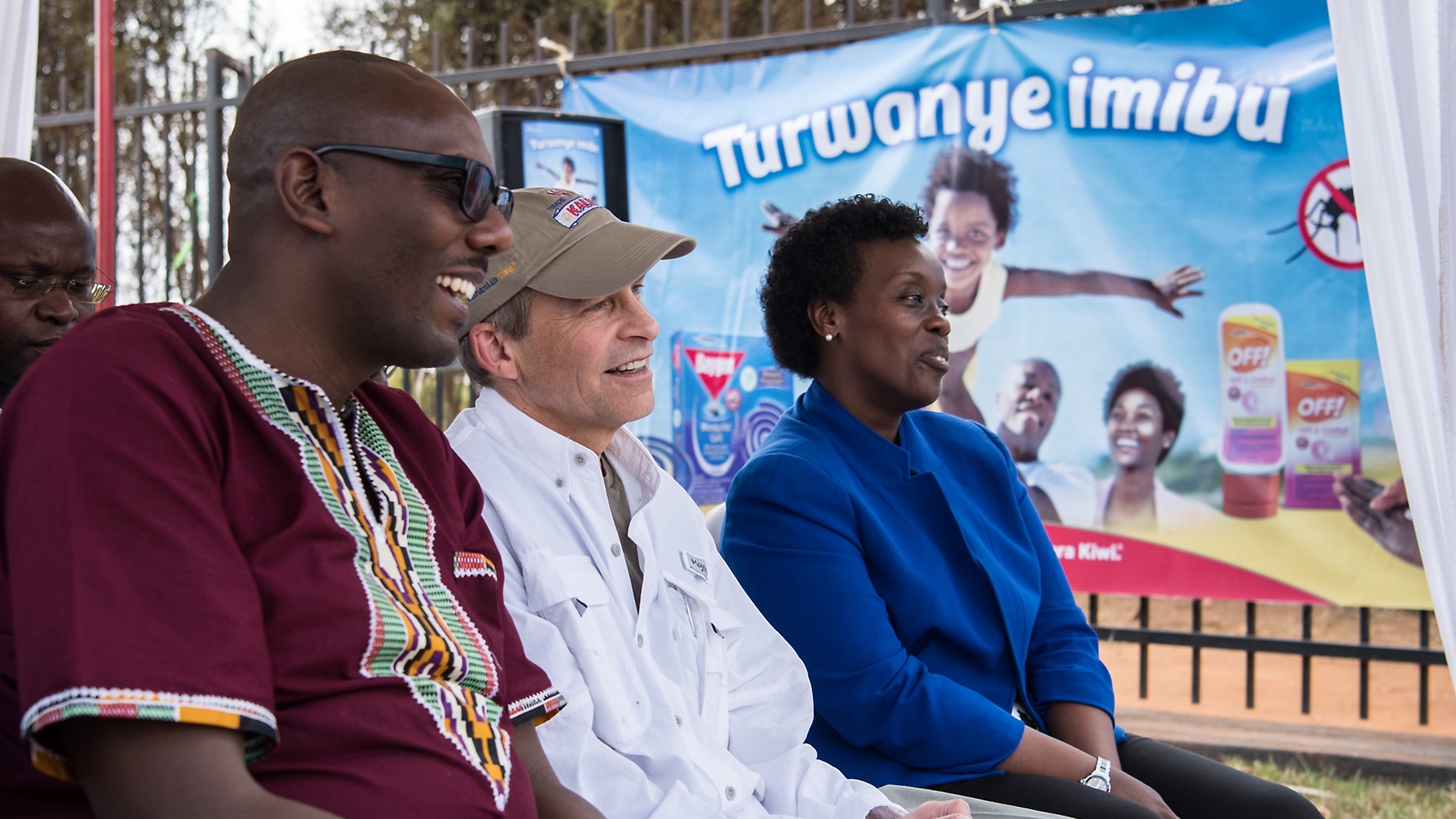
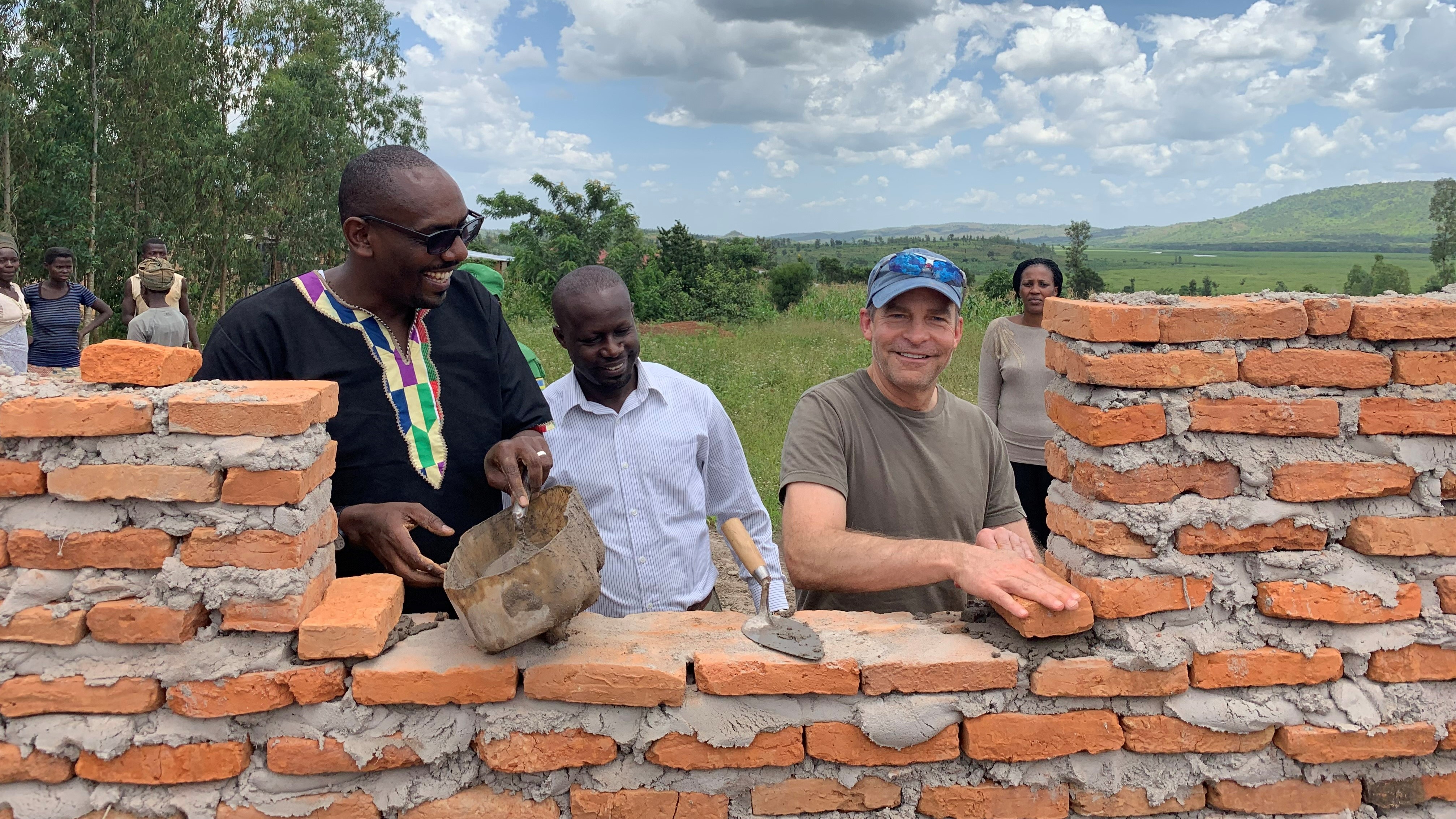
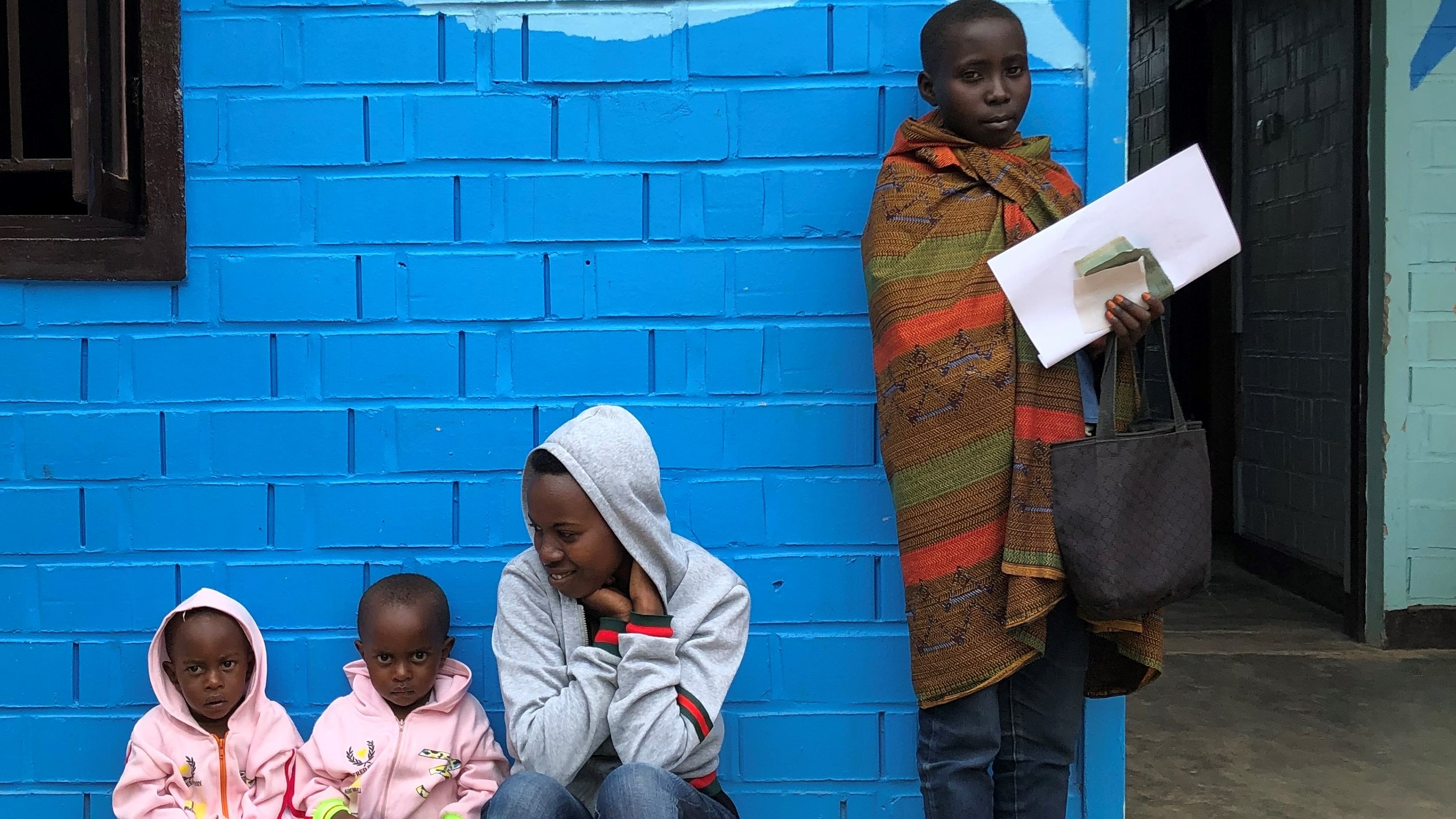
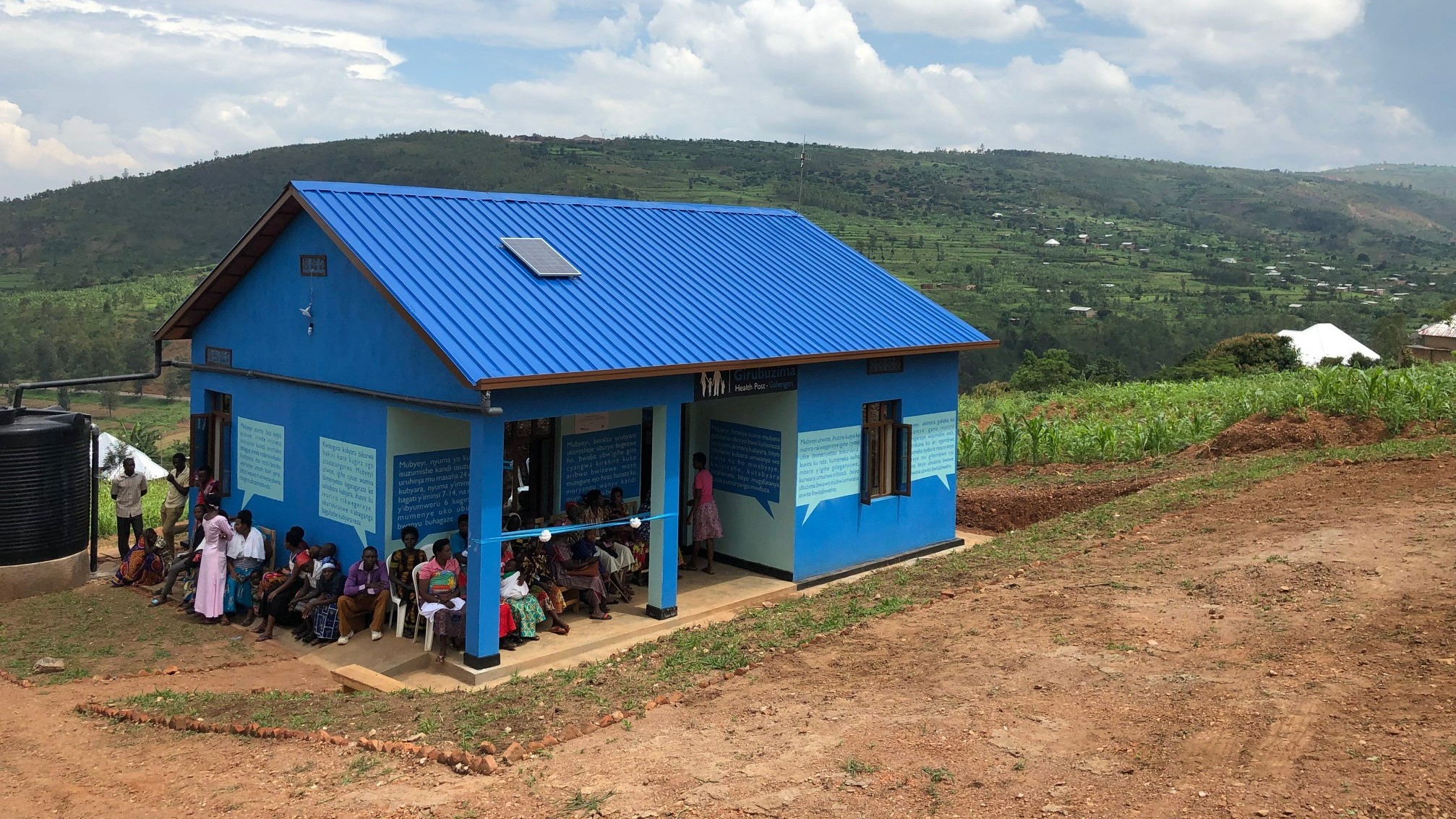
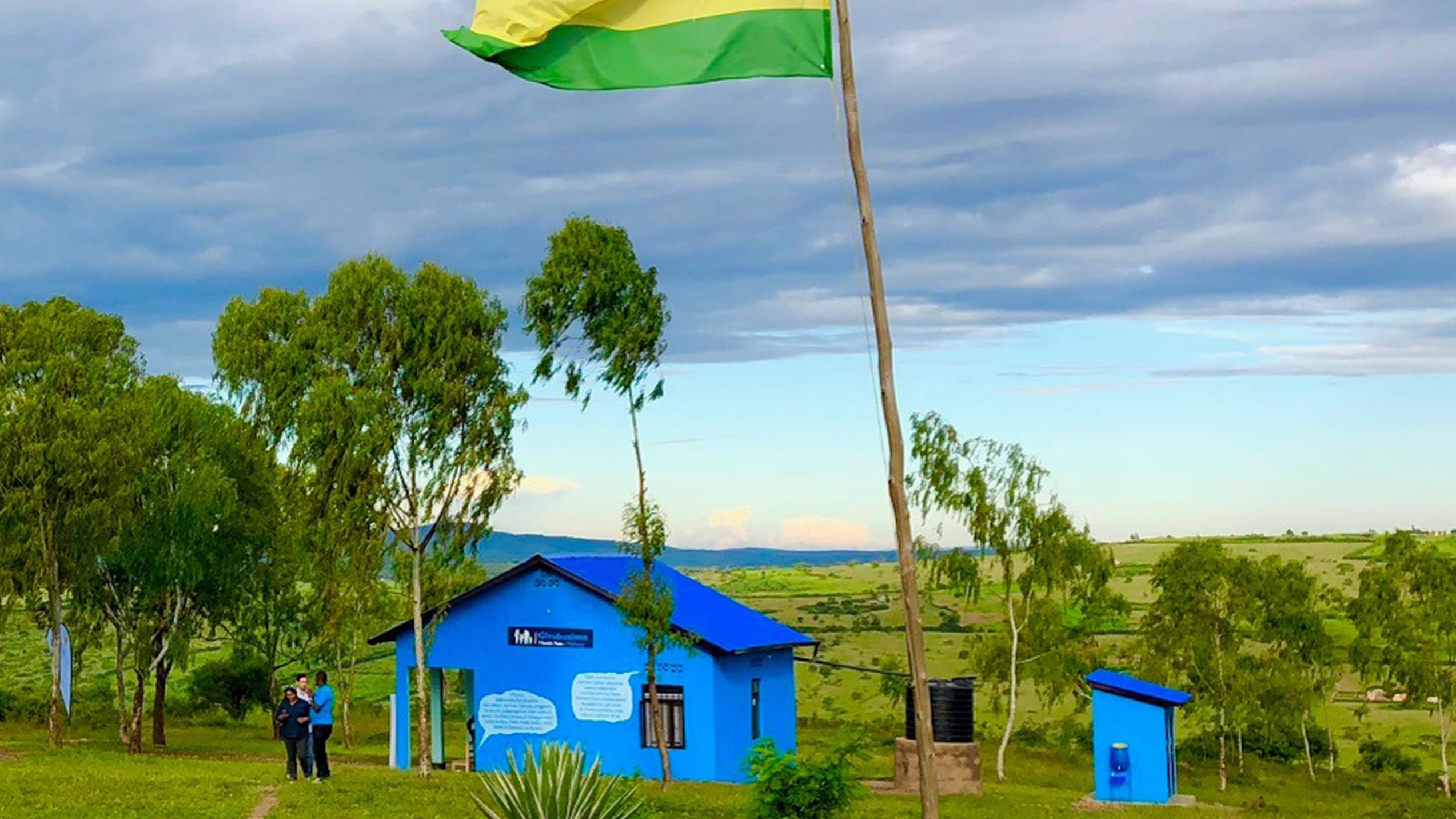
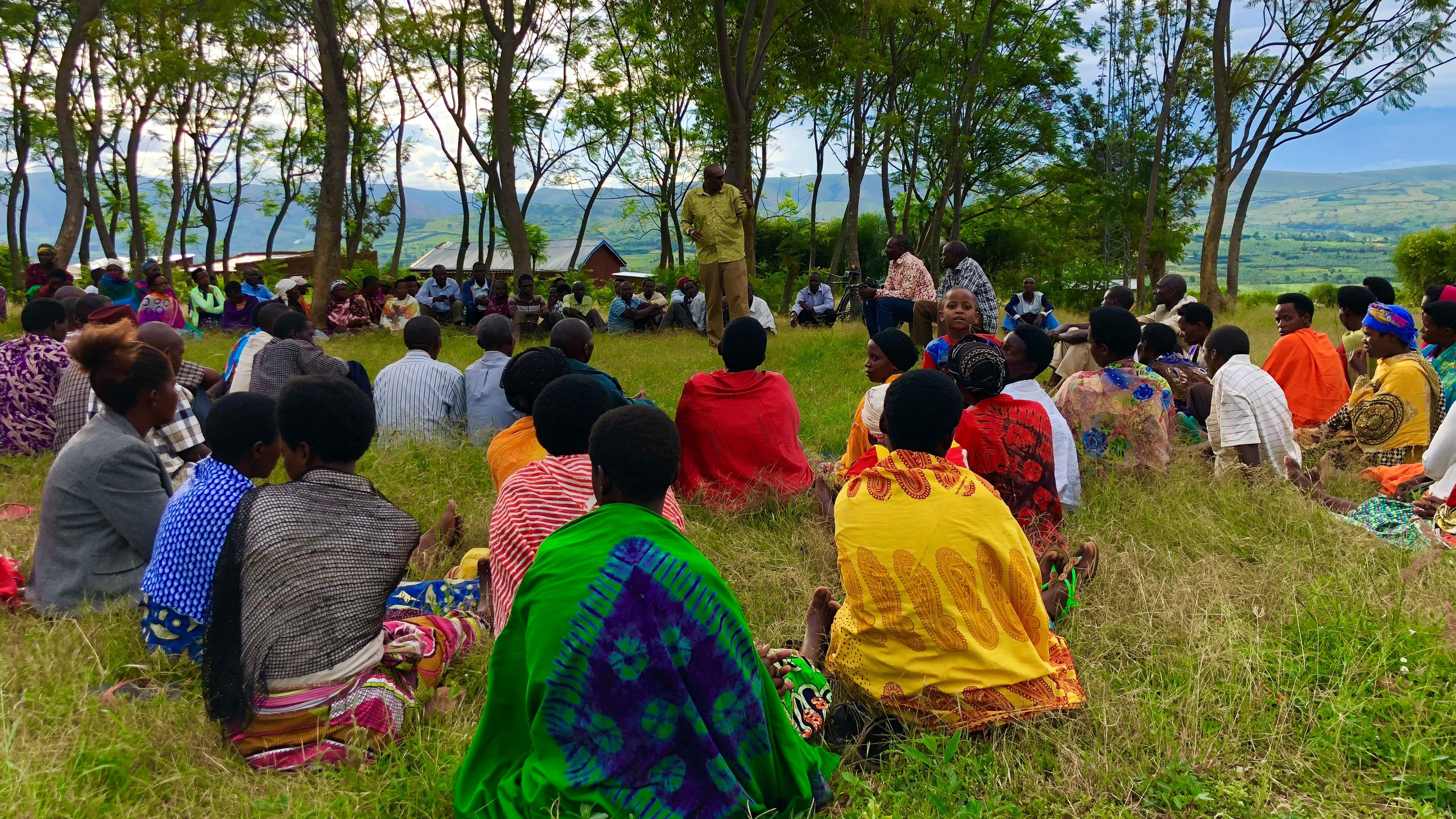






In the fight against malaria, an unexpected frontline of defense has emerged working to protect families and communities – it's tens of thousands of local community members, oftentimes the majority being women.
The work these caregivers take on has a dramatic impact on their communities, but often at the expense of their own economic growth. As they spend days, weeks and months caring for their communities, it becomes nearly impossible to secure consistent work to support their families.
Certified Care is an educational program that trains and empowers women to become officially certified Community Health Workers – the front-line defense of detecting and treating malaria at a community level – and provides them with the ability to earn a living wage for something they've spent a lifetime doing for free: Care.
By becoming certified Community Health Workers through Certified Care, women who have historically had to miss work to treat community members with malaria for free now have the ability to be hired for paying healthcare jobs in the region and earn an income for their work, allowing poverty cycles to be broken and careers to flourish. So far, SC Johnson has certified more than 10,000 Rwandan Community Health Workers through the Certified Care program.
Certified Care
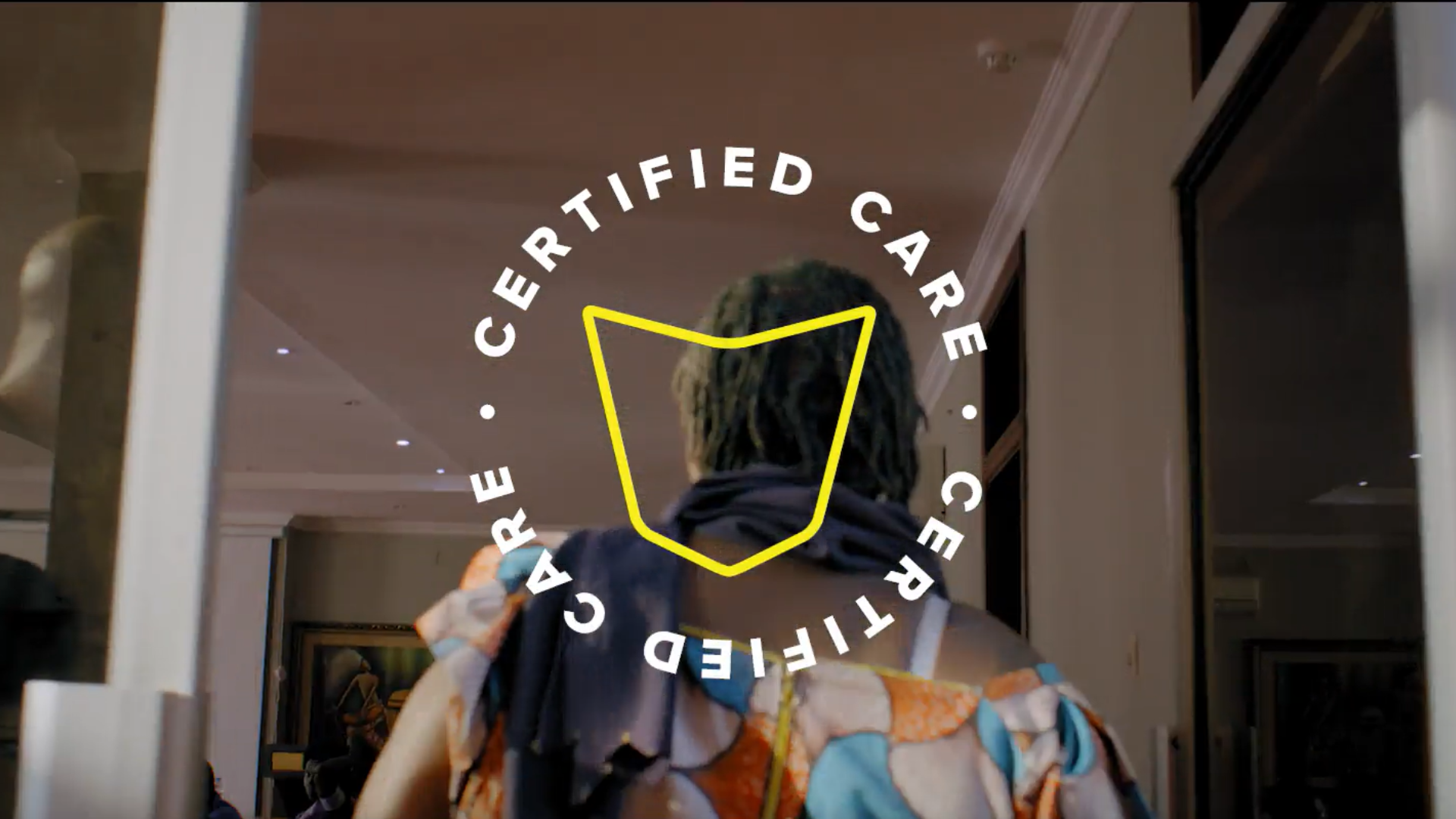
SC Johnson and SFH conducted a pilot focused on the distribution and collection of SC Johnson’s Mosquito Shield™ spatial repellents. This work was supported by the Rwanda Ministry of Health, Rwanda Biomedical Center, and Rusizi district.
As part of the pilot, SFH’s community health workers paired community-wide distribution of more than 520,000 Mosquito Shield™ interventions with a grassroots education program that highlighted the product’s effectiveness against malaria as well as the importance of recycling. SFH then implemented a collection model which collected 99.7% of the distributed spatial repellents. They then worked with a local partner to up-cycle the plastic from used product into building material. This type of up-cycled material is commonly used in Rwanda and throughout Sub- Saharan Africa to build homes, schools, churches, and community centers.
Our hope is the partnership-driven model we’ve piloted here—combining modern waste collection systems, partnerships with local recyclers, and supplemental education and awareness campaigns—can gain more traction in Rwanda and eventually be replicated in other countries.